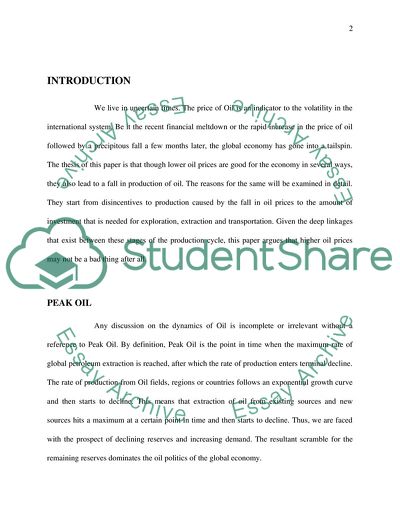Cite this document
(Lowering Gas and Oil Prices Will Assist in Stimulating the Economy Coursework, n.d.)
Lowering Gas and Oil Prices Will Assist in Stimulating the Economy Coursework. https://studentshare.org/macro-microeconomics/1717463-lowering-gas-and-oil-prices-will-assist-in-stimulating-the-economy-however-prices-should-remain-at-their-current-price-level-to-prevent-a-slowdown-in-production
Lowering Gas and Oil Prices Will Assist in Stimulating the Economy Coursework. https://studentshare.org/macro-microeconomics/1717463-lowering-gas-and-oil-prices-will-assist-in-stimulating-the-economy-however-prices-should-remain-at-their-current-price-level-to-prevent-a-slowdown-in-production
(Lowering Gas and Oil Prices Will Assist in Stimulating the Economy Coursework)
Lowering Gas and Oil Prices Will Assist in Stimulating the Economy Coursework. https://studentshare.org/macro-microeconomics/1717463-lowering-gas-and-oil-prices-will-assist-in-stimulating-the-economy-however-prices-should-remain-at-their-current-price-level-to-prevent-a-slowdown-in-production.
Lowering Gas and Oil Prices Will Assist in Stimulating the Economy Coursework. https://studentshare.org/macro-microeconomics/1717463-lowering-gas-and-oil-prices-will-assist-in-stimulating-the-economy-however-prices-should-remain-at-their-current-price-level-to-prevent-a-slowdown-in-production.
“Lowering Gas and Oil Prices Will Assist in Stimulating the Economy Coursework”. https://studentshare.org/macro-microeconomics/1717463-lowering-gas-and-oil-prices-will-assist-in-stimulating-the-economy-however-prices-should-remain-at-their-current-price-level-to-prevent-a-slowdown-in-production.


